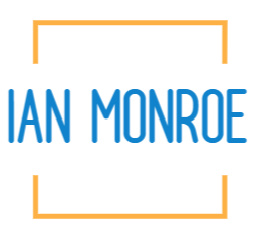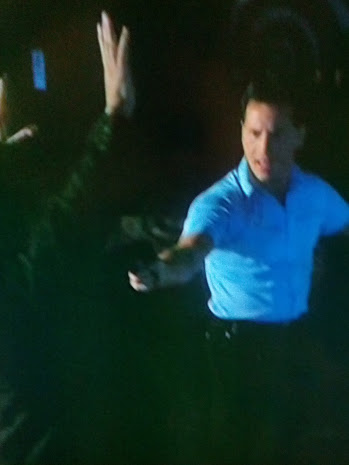Another post inspired by a mailing list post.
Today, a young lady posted, without context of any kind, an email to a semi-public email listserv, asserting:
Disclaimer: All communication sent from charityXXXXX@XXXXX.COM, or from Charity XXXXX
is privileged communication, owned exclusively by Charity XXXXX, as proprietary owner/ideas and information as copyright. No duplication, dissemination or profit from the above-mentioned material may occur without the express discretionary consent of owner, Charity XXXXX.
Copyright Charity XXXXX 1958-2012
All rights reserved
You see a lot of these kinds of things these days. Problem is, they’re completely pointless. As was pointed out by the Economist back in April of last year. And by Slate, in 2004. In fact, the only thing I can find which indicates these sort of stupid things have any merit is this guy, and then only in very limited circumstances.


